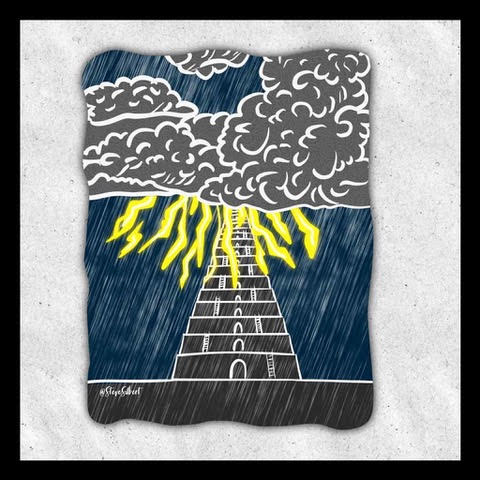Rabbi Jonathan Sacks, z’l: Vayeira Even Higher Than Angels
Rabbi Sacks comments on the challenge in interpreting the meaning of Adonai, in chapter 18 verse 1, verse 3, and in chapter 19 verse 2. The first instance uses the Tetragrammaton, verbalized Adonai, while the 2nd and 3rd instances use the word Adonai spelled out. Yet in all 3, it seems that G-d is the one doing the speaking.











